If you have yet to see the acronym “GDPR” then you’re certainly in the right place, because this law, which stands for the General Data Protection Regulation will forever change the face of marketing, and you need to be prepared, and form your strategy before it hits. Read on, we’ve got you covered.
What is GDPR?
In under a year, the EU (European Union) will be rolling out the GDPR (General Data Protection Regulation) and having done cursory research we can tell you that most companies aren’t anywhere near ready for the implications it holds for marketing, and GDPR’s reach even beyond marketing.
The site describes the law thus: “The EU General Data Protection Regulation (GDPR) replaces the Data Protection Directive 95/46/EC and was designed to harmonize data privacy laws across Europe, to protect and empower all EU citizens data privacy and to reshape the way organizations across the region approach data privacy.”To read it in its entirety/for clarity the regulation can be found below this post.
The thing is, it impacts marketers most clearly and the harshest, which is why taking the time to make your plan now is crucial because it can easily take over a year, not under – which is the time which is left now, to formulate a killer strategy to work around this.
What If My Clients and I Aren’t Part of the EU?
Your location isn’t nearly as important as that of your clients. If your clients are part of the EU, then regardless where you call home, you’ll need to fall in line or risk noncompliance and the resulting fallout.
More importantly though, regardless where your clients live – practicing and readying for GDPR globally can’t hurt you because it’s a better way to market, even though it means a bit more work on the part of the marketers.
Certainly if your business is online-based, you’ll want to adhere to this because your clients can and will come from anywhere in the world, and ignoring GDPR is a great way to close your doors forever.
Think of GDPR as the hinge to the door of opportunity. Play it right and those hinges will keep the door wide open for you, but try to use old tactics and find those hinges holding fast, the door slammed shut.
Consent, the Single Biggest Part of GDPR
Getting and giving consent is more important than ever. People are tired of having their privacy abused and trampled upon. Think back to when door-to-door sales was the big thing.
Not too long thereafter, companies made fortunes by selling metal and wooden plaques to hang outside one’s door which said “No soliciting” or “No salespeople”. They don’t want you to come running into the privacy of their home, waving your paper in their face touting the latest and greatest thing out there that they cannot live without.
While it might seem to you, an affront as a marketer to be painted thus – getting an email in your home, or an SMS from someone you don’t know, and didn’t sign up with, is an invasion of privacy and considered the height of rudeness.
Consent matters. Without it you look bad, and turn business away, and any word of mouth you get won’t be great. With it, people trust you, they want what you’re selling, or telling them, and word of mouth will gain you many more happy customers just like them.
Email and SMS Work Still?
Email and SMS marketing work because people opt in to get the information you’re giving them, or they have a genuine interest in your product, or even yourself!
Conversions happen through SMS and email because they trust you, and trust what you’re selling. The people who manage to buy off a “cold list” are extremely few and far between and in the realm of statistics, they’re called outliers and aren’t even used to tabulate results.
Trying to base any marketing strategy off a cold list, with people who don’t know you, who at best will ignore you, is foolish and bad business.
GDPR seeks to eliminate shady marketing practices, and though it sounds like the end of the world for marketers at face value, there is a lot of good within it. SMS and emails can be sent to people who actually want to hear from you, whose trust is growing and who are loyal to you.
Tracking & Demographics
GDPR stands to change a lot more than SMS and email marketing by redefining and prohibiting certain tactics. Where marketers used to be able to track online behavior anonymously, or even without knowledge by the customer at all – completely without consent, GDPR stamps out.
If a marketer wants to know demographic data or behavior, or even the users location, they need to get consent. Consent is the big word thrown around where GDPR is concerned.
If you want your customers, you’ll be earning them, by earning their trust and gaining their approval FIRST. This also means the customer can retract that consent at any time as well, which keeps marketers honest, and treating their customers like the valued community they are.
Tech & Compliance
Many big companies, and certainly the ones who are shouting the loudest about GDPR are the very ones using snake oil tactics in one way or another, who aren’t happy that they have to get permission, and actually tailor their communications for specific groups of people instead of sending out one big generic “blast”.
Big corporations are looking at GDPR mostly as a technology and compliance issue, when the reality touches so many other industries including our own. It’s time to embrace these changes, and to see this as being as important and impactful as it truly is.
Examples!
You’re a baker, and you take immense pride in your baking goods on offer, but you are having trouble getting people to come to you, nobody knows where you are, and you don’t have a massive budget – because lets face it, startups cost a lot, so advertising has been local and minimal.
No consent
You head to the tallest building in the city, and dump your bargain basement flyers you had printed from the top of the building, and they scatter on the wind. Job done eh? You now have spread the word quite literally.
Except now you’re being taken in by the police for littering, and you’ve made a name for yourself as a nuisance. People who are cleaning their porches and roofs of your fliers aren’t happy, and toss it in the trash immediately.
ALTERNATE: You get your friends and family to start calling every name in your local phone book to ask people if they’ve been to your bakery, and to offer them a sweet treat if they come.
People hang up on them, your friends stop making calls after only a few pages worth of the book (nobody likes being hung up on) and those who have gotten the calls at home or at work are less than impressed at being cold called by a local bakery.
Consent
You head to local stores frequented by the community, and seek permission from the store’s manager/owner to sit outside their store with a table offering free cupcakes or other little baked treats. Yes, they’re free and it’s going to cost you a little, but better a few ingredients to prove what you can do, than trying to compete against larger bakeries with bigger budgets.
People are now seeing you, and taking your business card, well impressed with your treats, and begin telling their friends, family, and neighbors about you. What you’ve done is gotten their consent. “Would you like a business card?” or “Would you like our flyer? It has our specials in there for this week!” and as they munch on the sugary treat, happily taking it from you, you’ve gained consent.
They’re now associating you the right way, as a noble small business, with incredible baked goods.
Reality = Not So Bad!
Permission works, and it makes for happier customers in the long run.
It usually starts with a request for an email address in exchange for something the customer wants, like information or a free sample of your physical product by mail. It’s the old saying “you scratch my back, I scratch yours” and in this case, each person feels they’re getting something fair out of a stranger.
This progresses into sending them emails about special pricing, promotions, information, or even contests.
After you’ve done this for a short amount of time, they may even allow you with another level of consent to see what they like, prefer and even see their online activity, all in an effort to provide them a better user experience.
This results in trust by the customer who sees what you’re doing every step of the way. Being transparent, and keeping them happy earns that trust, and that trust in turn, results in the user sharing more about your company with others.
This is key because then the trust comes from the user to their friends or family, instead of from you as a cold company to those extended people. You begin to grow a network.
Stats! Who Doesn’t Love Stats!?
Trust has always been shown to do more than communication which comes uninvited. Janrain did a survey this year which showed the following:
- 78% of customers are more likely to give personal information when they have and keep control over the communication from a brand (As with email, text – in other words, choose how you want to be contacted.)
- 71% will do so when the brand gives a written promise not to share their information with anyone else for any reason, and…
- 62% will do so on a promise not to contact their friends, family or anyone else in their personal network.
- More and more, people are cutting off relationships over invasive communication practices. The world has become much more insular these days, and people are tired of being intruded upon. Ad blockers can tell you how well they’re doing, there was a 30% increase in GLOBAL ad blocking.
What Works?
 Customers also responded in surveys about what it would take to gain their email address, if not their immediate trust. If you’re only able to offer a discount to your leads…
Customers also responded in surveys about what it would take to gain their email address, if not their immediate trust. If you’re only able to offer a discount to your leads…
- 62% of them say they’ll give their email to you for that discount.
If, however, you can offer them something free
- 76% will go to the brand website
- 67% will watch their video
- 47% will like their social media page
- 24% are happy to share it on social media and…
- 22% will refer their friends
To prove what we’re talking about here, we’re going to put this into practice right now. We want to know that you’re happy to be with us, and happy to keep receiving quality information and special offers from us.
We’d also like to illustrate in the best way possible, a fantastic way to put this into practice for yourself. We’ve provided information that is timely, crucial and important, and now we’re going to give you bonus information to help beat the system. Just fill in the form in this block and we’ll send you The Email Holy Grail straight to your inbox.

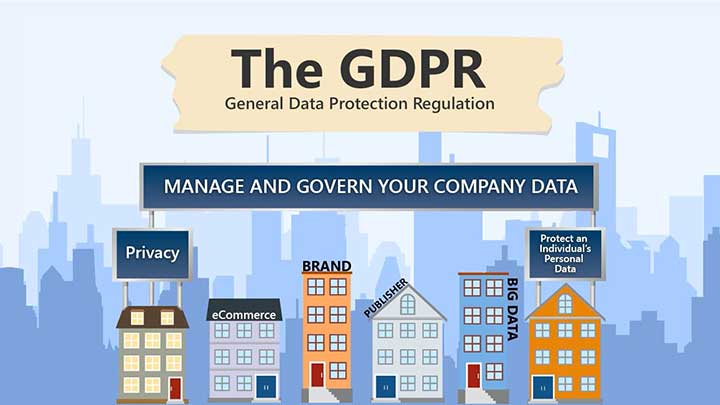
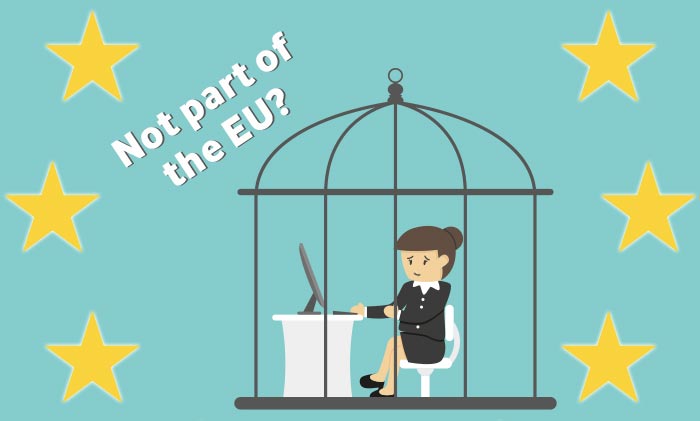

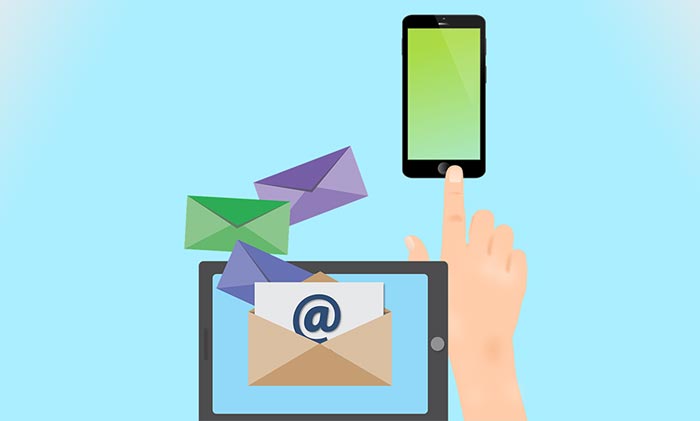



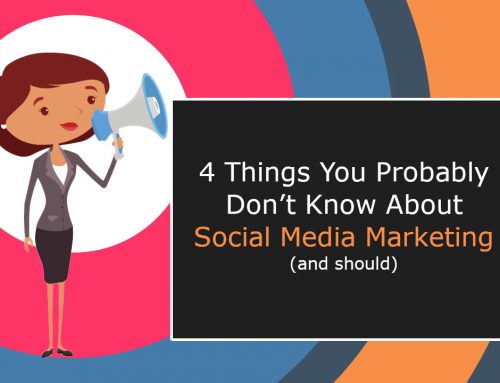
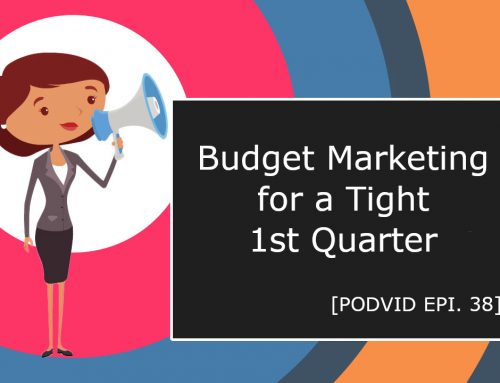
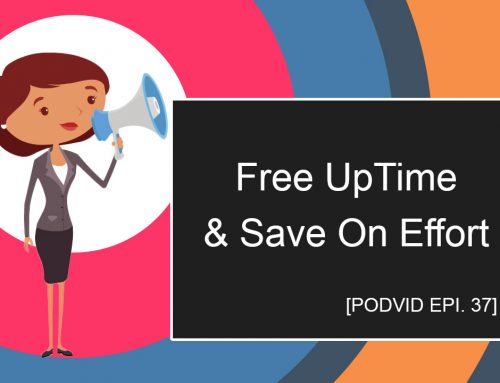
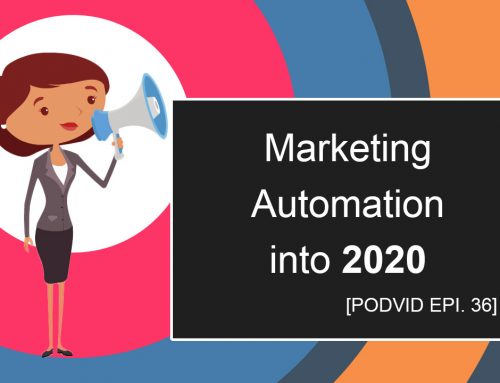
![Do you know BERT? [Google SEO]](https://magiwebsa.com/wp-content/uploads/2019/11/podvid-epi35-cover-500x383.jpg)